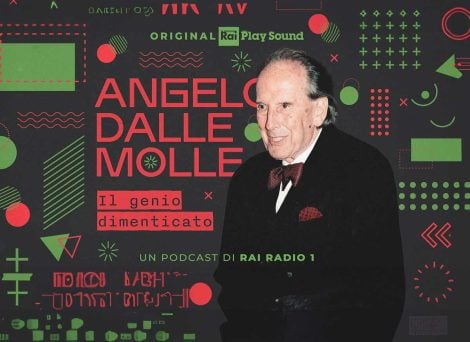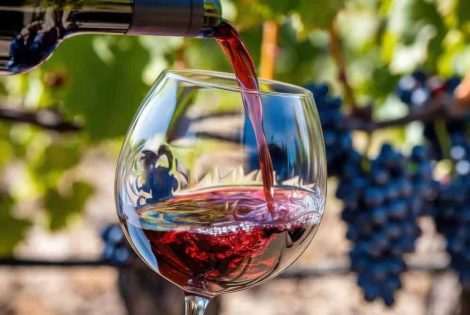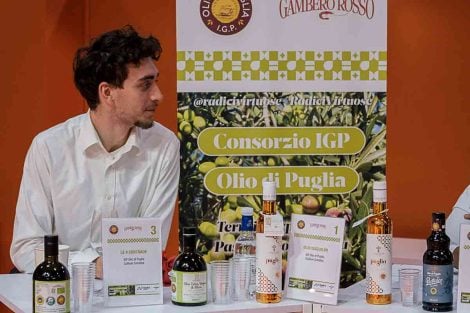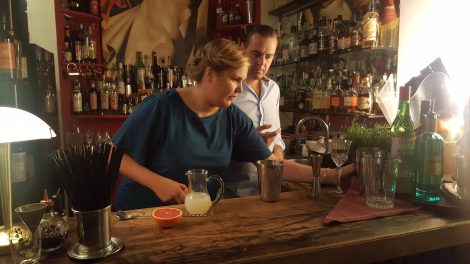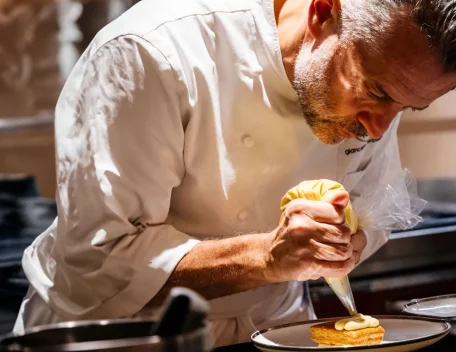Starbucks, olive oil and coffee
Many consider it a panacea for the body, and in fact a spoonful of extra virgin olive oil in the morning can help the intestinal tract, as well as perform important gastro-protective functions. An unusual but healthy way to start the day: so why not add it directly to your coffee? This happy intuition was - once again - the international coffee giant Starbucks. September 2022, in Sicily, by Howard Schultz. The interim managing director discovered the habit of many Sicilians to consume a drop of olive oil in the morning, he was fascinated by it, so he decided to adopt this ritual, to the point of wondering how to integrate it into his morning routine. Thus was born the idea for a new beverage of Arabica coffee emulsified with a tablespoon - about 15 millilitres - of extra virgin olive oil. The new beverage is called Oleato and has been present since last February 22nd in all Italian sales points.
Oleato, the line of coffees with extra virgin olive oil
A line of different beverages, with a rich and velvety taste according to Amy Dilger, Principal Beverage Developer at Starbucks, who defined the olive oil-coffee combination as having "round flavours." Before being combined with espresso, the olive oil is whipped, shaken and mixed with a vegetable drink to create Oleato™ Caffè Latte, Oleato™ Iced Shaken Espresso and Oleato™ Golden Foam Cold Brew. Then, at Starbucks Reserve Roastery in Milan, there will also be Oleato™ Iced Cortado – an espresso with Demerara syrup, orange bitters and oatmeal drink emulsified with olive oil, served with ice and orange zest – and the Oleato™ Deconstructed, with a squeeze of lemon, as well as the Oleato™ Golden Foam Espresso Martini, made with espresso, vodka and vanilla bean syrup. In addition, customers will be given the opportunity to add a spoonful of olive oil to all the other iconic drinks of the brand, to try new pairings.
Sicilian olive oil and American coffee
A curious combination made from a blend created specifically for Starbucks in Partanna, in the province of Trapani. Let's go back to Shultz's Sicilian autumn sojourn. Tommaso Asaro, executive director of United Olive Oil Import Corporation, a company that imports and distributes Italian olive oil products, and head of Oleificio Asaro in Partanna. Dilger, who studied the beverages down to the smallest detail, first studied in Sicily to better understand how olive production works, before starting to experiment, "infusion is very important. When you emulsify extra virgin olive oil with oat milk, a unique tactile experience is created, similar to that of whole milk." There are no particular details on the blend - it is known, however, that it is composed of a good percentage of Nocellara del Belice - while the coffee chosen is the Blonde Espresso Roast, with soft and round tones, as well as the Reserve for the main Milan branch. Dilger, a professional pastry chef who had never mixed these two ingredients together before, however, was inspired by the combinations already known with extra virgin olive oil, such as olive oil cake or the Greek habit of adding a few drops of green gold to yoghurt.
Starbucks and the myth of Italian coffee
After all, it is not the first time that Shultz takes inspiration from Italy for his enterprise. Much of Starbucks' identity is owed to his trip to Milan in 1983: in love with the all-Italian coffee culture, the entrepreneur – at the time head of marketing operations – decided to focus everything on an intimate and welcoming atmosphere, the same romantic atmosphere he had found in the Milan coffee bars. The experience is more than the product. The rest is history: never was the choice more apt, and today Shultz declares that he is as excited as back then in launching the new product, "a unique blend of artistry, craftsmanship, top quality products and bold innovation that create an amazing experience." It would seem that the Seattle giant has come full circle: US innovation inspired by Italian tradition. Will people like it? Did we really need it? The questions that Oleato has raised in the public, as always when it comes to foreign coffee culture in Italy, are many. Tasty beverages topped with lots of whipped cream, syrups, sodas, marketing gimmicks, an affront to the cult of the coffee "tazzina": there has been much criticisms of Starbucks over the years, yet the best-selling product in the Italian branches is precisely the traditional espresso, "a proof of the quality of coffee that has distinguished Starbucks since 1971," said Shultz.
Olive oil as an ingredient
Regardless of the taste of the new beverages (which we haven't tried yet) and the response from customers, one thing is certain: it is once again the US giant that is making people talk about (another) of the products that most distinguish Italian food culture. Firstly coffee – we have already discussed the alleged superiority of Italian coffee on several occasions – and now extra virgin olive oil. Over the years we have insisted on the need to elevate olive oil to an ingredient and no longer conceive it only as a fat or a condiment: in discussions with chefs and restaurateurs, we have reaffirmed the importance of olive oil in the kitchen, the need for a selection of different products as far as use and organoleptic characteristics, without forgetting the added value that an olive oil menu can bring to a dining business. Olive oil with ice cream, in cocktails, with chocolate: there was no lack of experiments by sector experts, as well as the precious promotion and communication work (in which Gambero Rosso has been participating on the front line for 13 years with the Oli d'Italia guide), but Starbucks' move - with the great media resonance that punctually accompanies the corporation's news - could contribute to further reflection. On the need to always propose new combinations, but above all to enhance our excellence by exploiting them in every field, finding different uses for them.
Did we need it? It's the most popular question these days. It is well known that in the peasant tradition there is the custom of drinking a drop of olive oil a day. It goes without saying that there are many benefits of this habit. And yet, we have never been able to transform olive oil into a breakfast food, taking inspiration from the most authentic roots of our territory. Did we need coffee with extra virgin olive oil and syrups? Maybe not. But the incentives to rethink promotion strategies of our food excellence are never not welcome.
by Michela Becchi

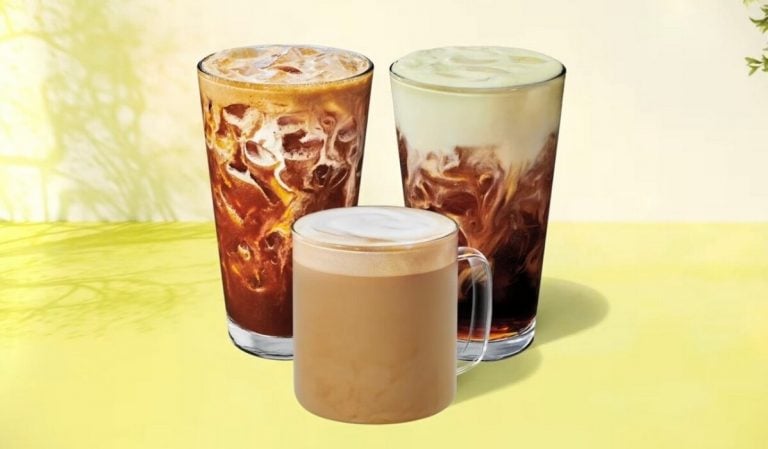
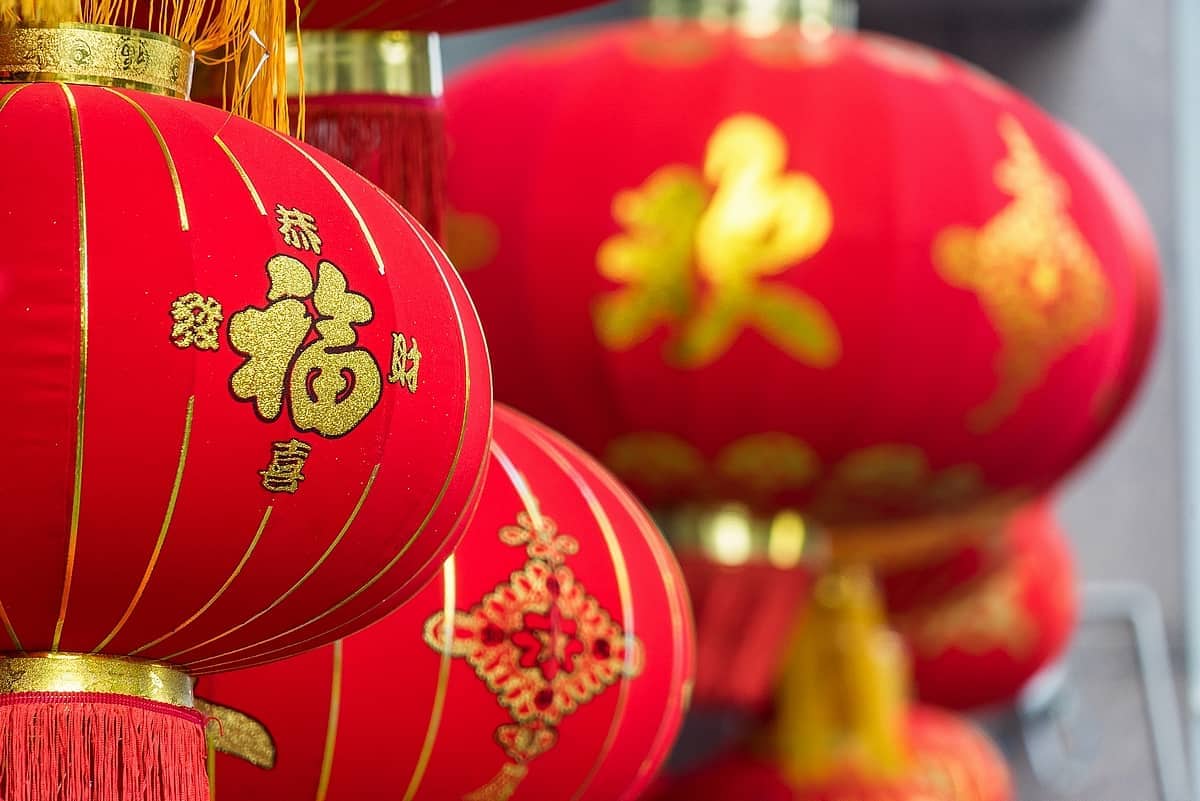 What changes for the export of Italian wines to China under the new regulations?
What changes for the export of Italian wines to China under the new regulations?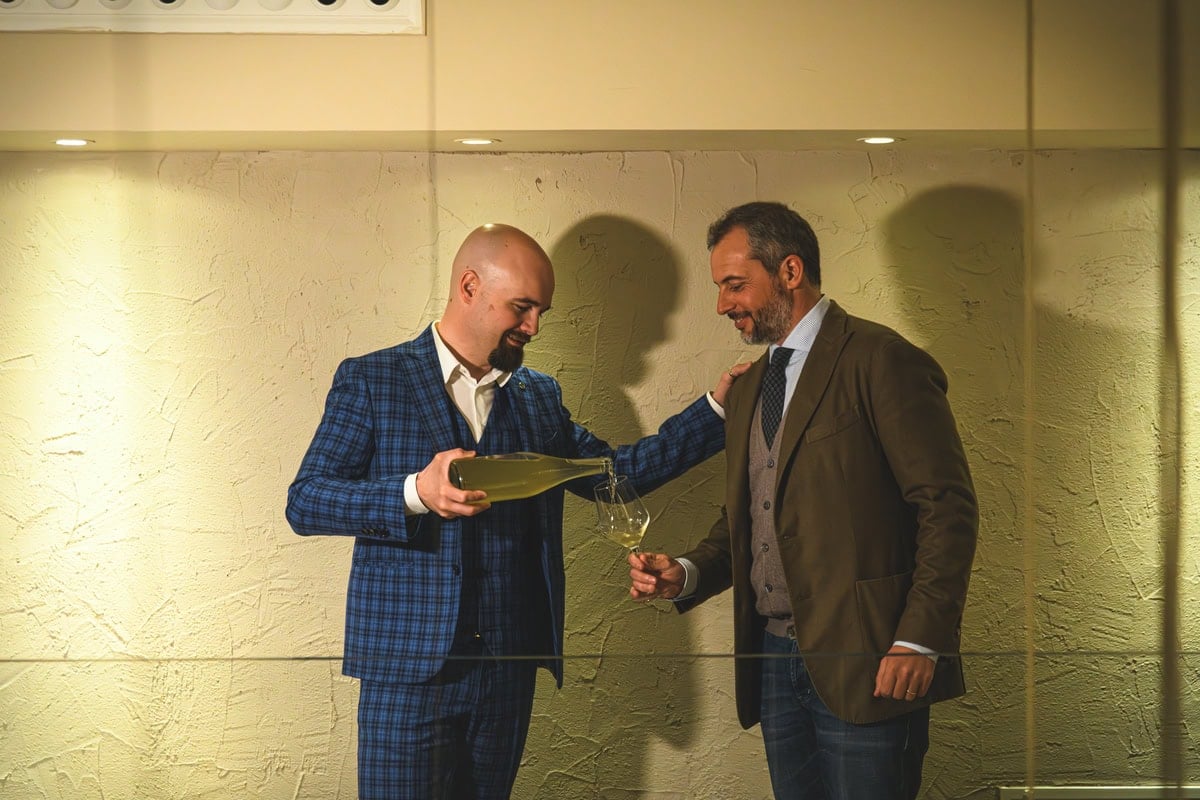 “Forget dealcoholised wines. The future is Komb(w)ine.” Moser and Ravizza present a new grape must-based product
“Forget dealcoholised wines. The future is Komb(w)ine.” Moser and Ravizza present a new grape must-based product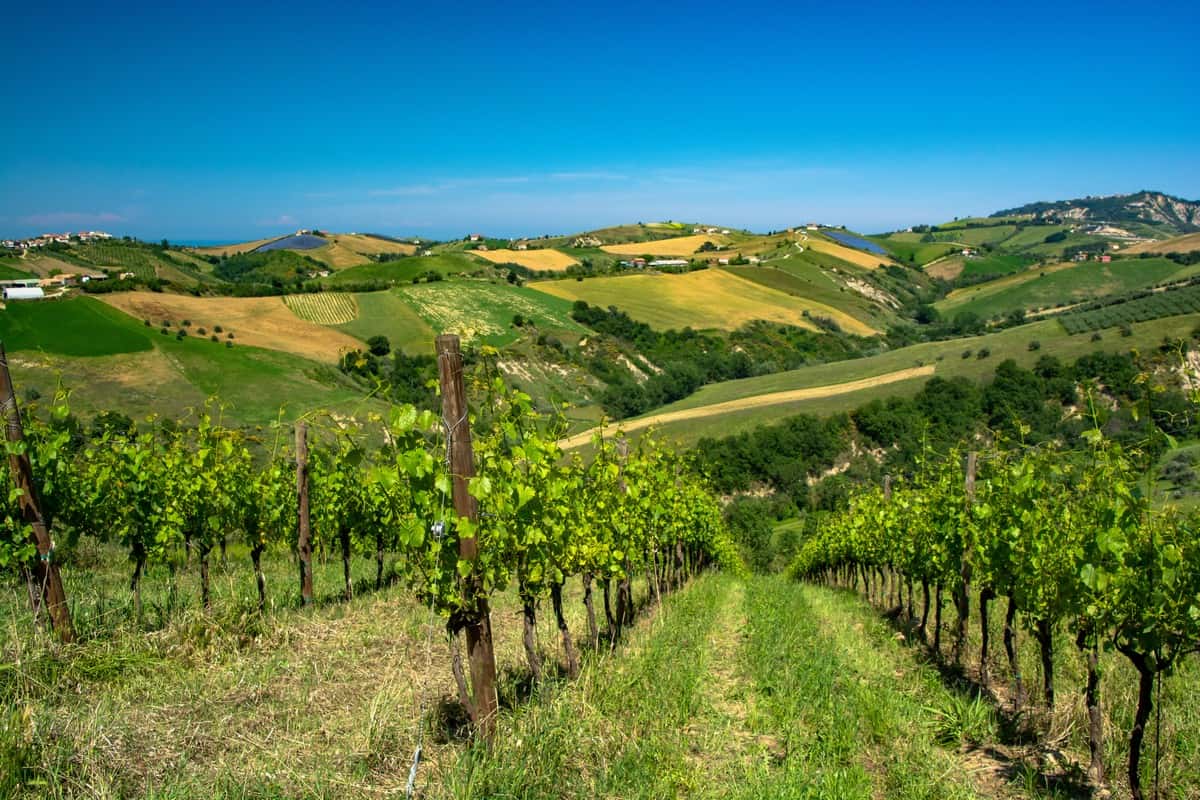 Global wine consumption at a historic low and vineyards in decline. The OIV report outlines a 2024 to forget
Global wine consumption at a historic low and vineyards in decline. The OIV report outlines a 2024 to forget Oenologist Riccardo Cotarella will also produce dealcoholised wine: "My first bottle will be out in October and it won’t be bad"
Oenologist Riccardo Cotarella will also produce dealcoholised wine: "My first bottle will be out in October and it won’t be bad" Dear natural wine world, enough with the constant polemics. If you don’t want to self-ghettoise, self-criticism is needed
Dear natural wine world, enough with the constant polemics. If you don’t want to self-ghettoise, self-criticism is needed
